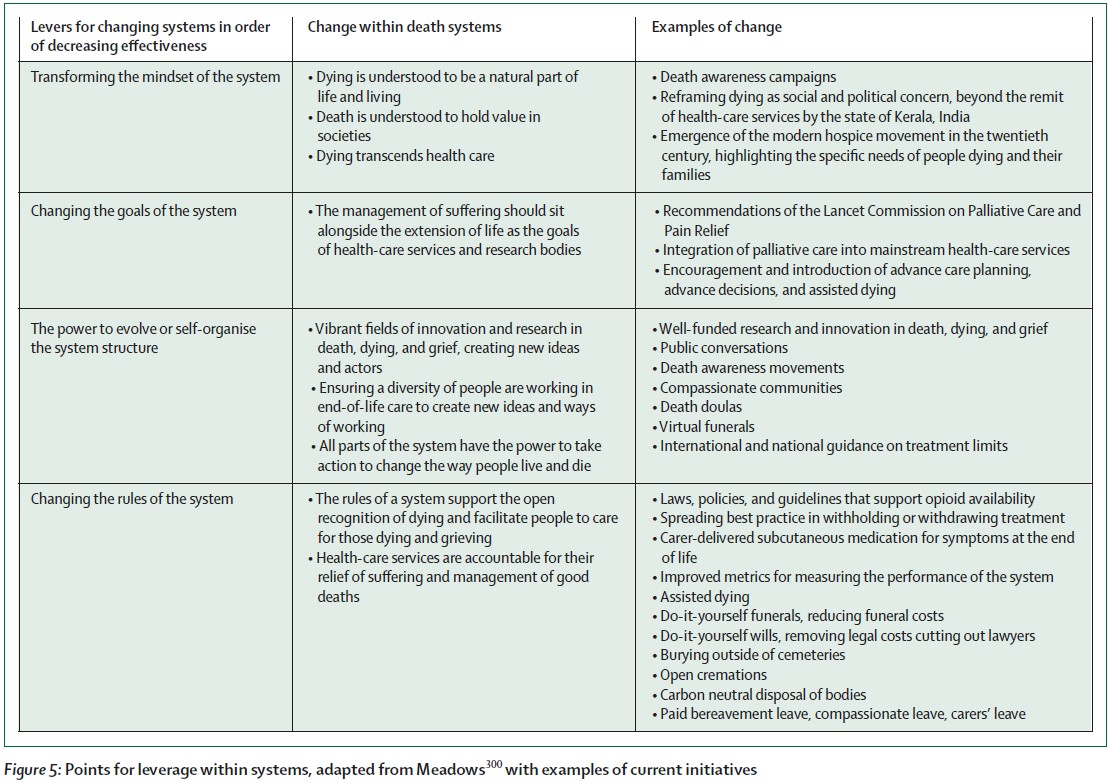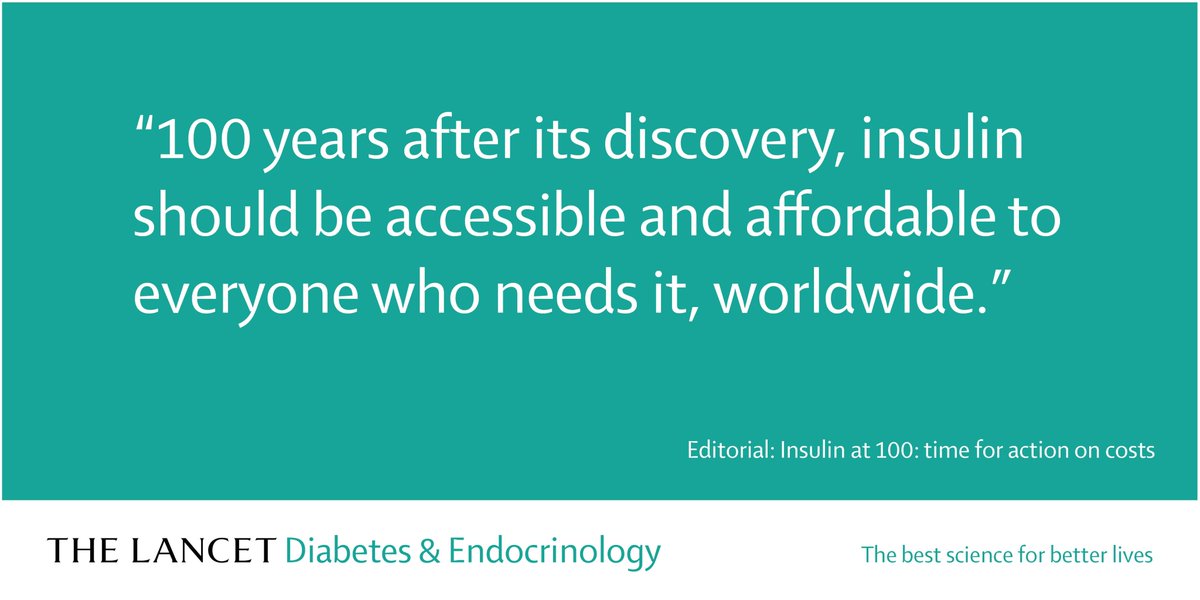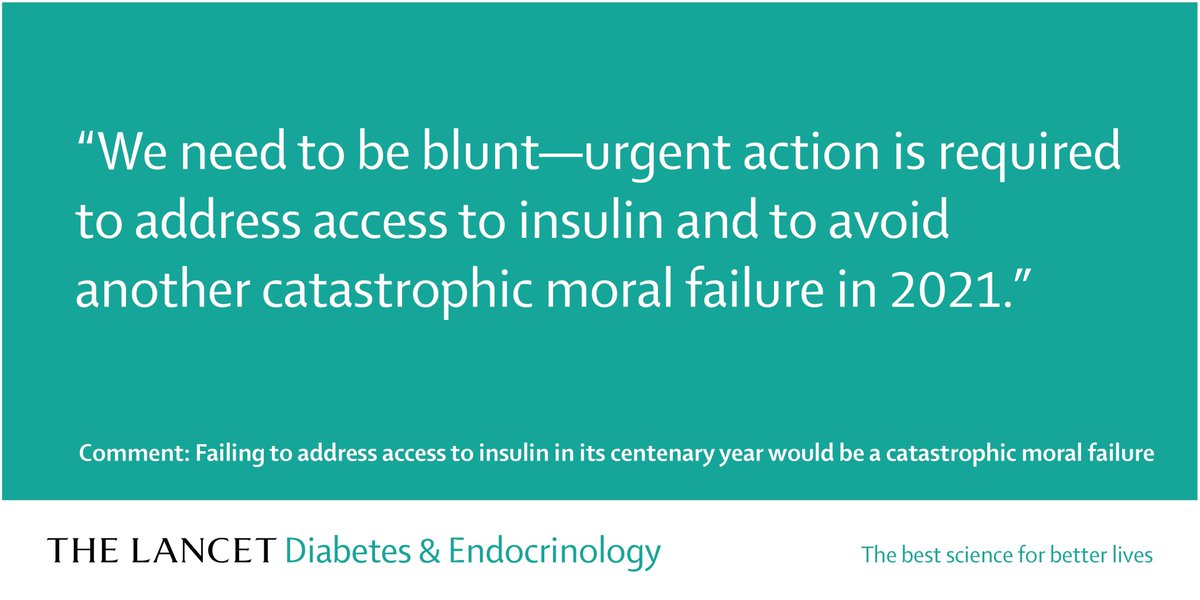
Increasing overmedicalisation at the end of life is denying people & their families a good death.
Towards a compassionate community model: The Lancet #ValueofDeath Commission calls for a radical rethink of care for the dying & attitudes to death. hubs.li/Q0139HH30
Towards a compassionate community model: The Lancet #ValueofDeath Commission calls for a radical rethink of care for the dying & attitudes to death. hubs.li/Q0139HH30

How death is managed today:
• Alienates communities
• Pushes families in countries without #UHC into poverty
• Deprioritises efforts to reduce suffering, such as #PalliativeCare
• Diverts resources
• Is costly for health services
#ValueofDeath hubs.li/Q013dcwv0
• Alienates communities
• Pushes families in countries without #UHC into poverty
• Deprioritises efforts to reduce suffering, such as #PalliativeCare
• Diverts resources
• Is costly for health services
#ValueofDeath hubs.li/Q013dcwv0

Scientific advances have fuelled the belief death should be feared, avoided, defeated.
Centralising community involvement, partnerships, & better bereavement support will help rebalance societies' & medicine's relationship with death—an inevitable part of life. #ValueofDeath
Centralising community involvement, partnerships, & better bereavement support will help rebalance societies' & medicine's relationship with death—an inevitable part of life. #ValueofDeath

Explore key recommendations from the Lancet #ValueofDeath Commission—an invitation to re-evaluate how society cares for the dying & bring death back into life. hubs.li/Q013dcwv0
"Death is not just a physiological event, an endpoint—it's so much more than that."
#ValueofDeath Commissioners, @libby_sallnow & @mrraj47, discuss the paradox of dying in the 21st c. & a 'realistic utopia' for death.
🔊 Sound on
#ValueofDeath Commissioners, @libby_sallnow & @mrraj47, discuss the paradox of dying in the 21st c. & a 'realistic utopia' for death.
🔊 Sound on
@libby_sallnow @mrraj47 What is a "good death"?
Hear from #ValueofDeath Commissioners, @Richard56, @libby_sallnow, & @mrraj47 on The #LancetVoice: reframing how we conceive of dying & death in 43 minutes. hubs.li/Q013gcnb0
Hear from #ValueofDeath Commissioners, @Richard56, @libby_sallnow, & @mrraj47 on The #LancetVoice: reframing how we conceive of dying & death in 43 minutes. hubs.li/Q013gcnb0
The #ValueofDeath has been largely lost, obscuring societies' understanding of health, life, & nature.
@lizgrant360 & @farzanakhan04 reflect on findings & recommendations from new Lancet Commission: hubs.li/Q013k-yZ0
@lizgrant360 & @farzanakhan04 reflect on findings & recommendations from new Lancet Commission: hubs.li/Q013k-yZ0

The Lancet #ValueofDeath Commission has opened up a global conversation around how we relate to death & dying.
Now, the work begins to bring death back into life.
👉 For the latest updates, follow @VoDCommission.
Now, the work begins to bring death back into life.
👉 For the latest updates, follow @VoDCommission.
• • •
Missing some Tweet in this thread? You can try to
force a refresh
















